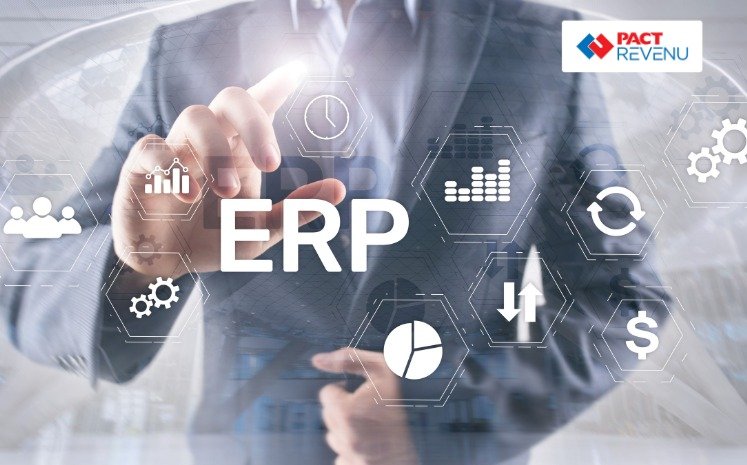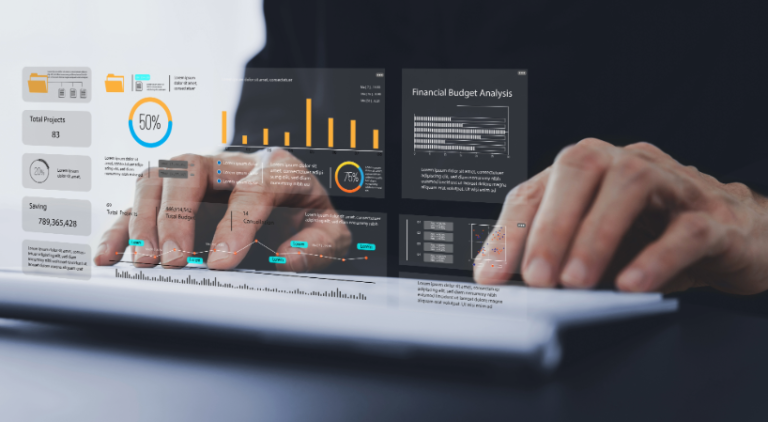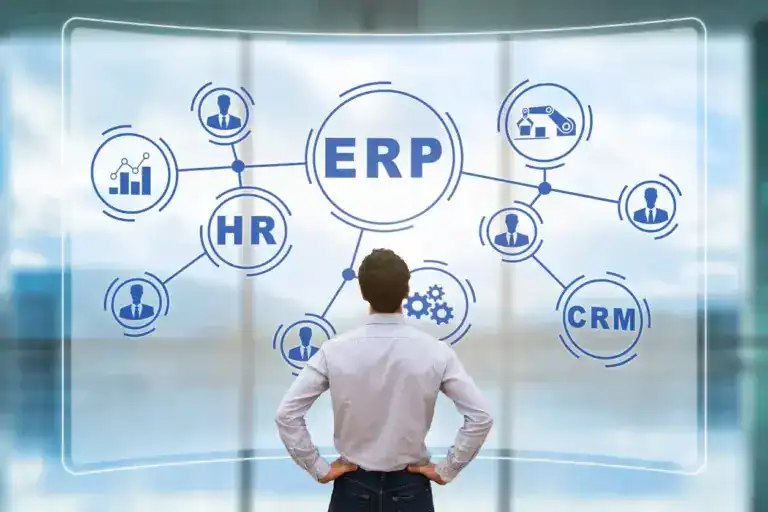How to choose the right ERP?
Property management software is designed to assist property managers and landlords in efficiently handling various aspects of property operations. These platforms typically offer features such as lease administration, maintenance tracking, and financial reporting, streamlining tasks and enhancing overall efficiency. citeturn0search3 By automating routine processes, property management software helps ensure timely maintenance, accurate financial management, and improved tenant satisfaction.









